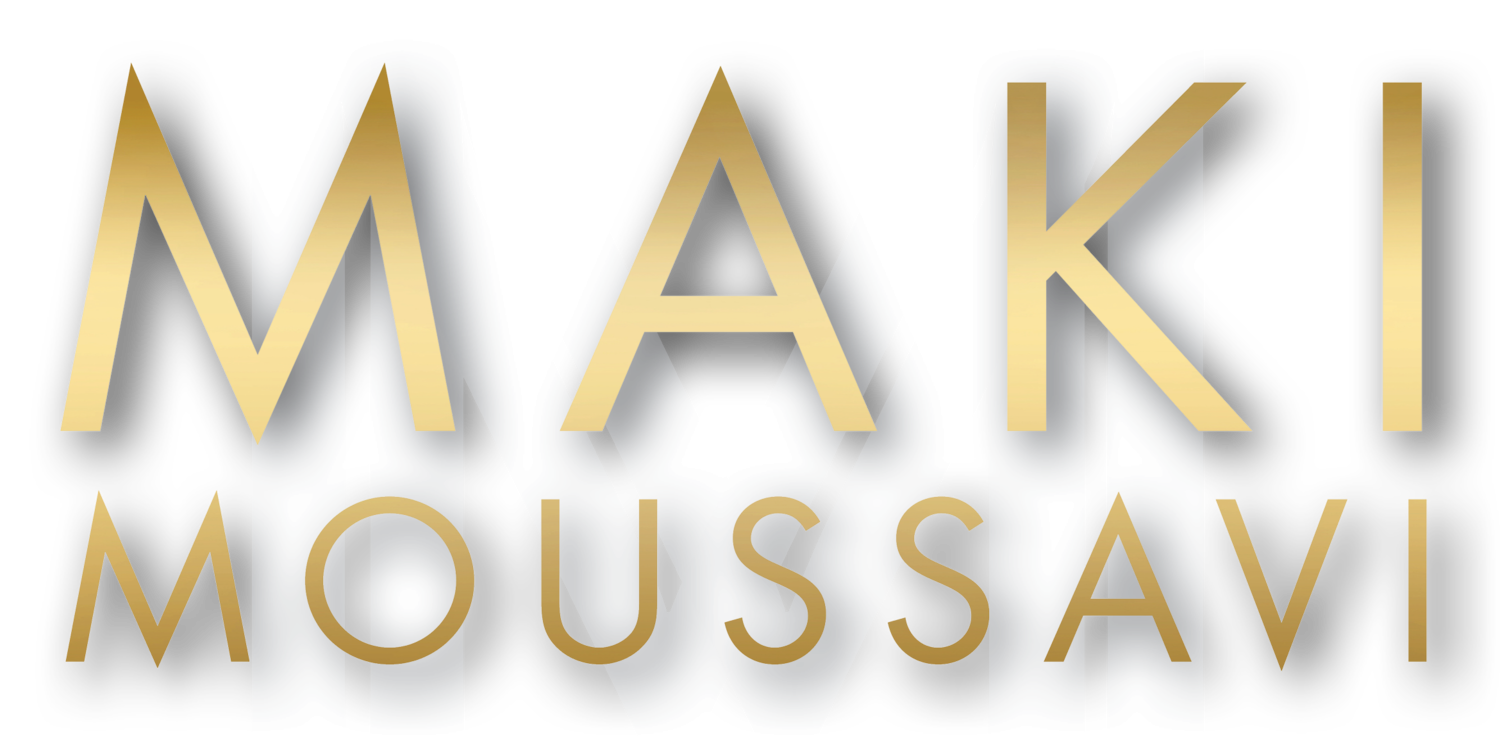CORPORATE CONSULTING
Self-awareness is the key to tapping into the true potential of your leaders.
Traditional models of leadership development tend to focus on how leaders can be "more" of whatever the team, organization, or industry demands. To that end, leaders in organizations are frequently subjected to various personality and strength profiles in service to meeting those needs and expectations.
While those programs can offer a degree of insight to the individual, they fall well short of addressing the actual source of personal power that enables the best leaders - the self-awareness and self-worth to be truly authentic and innovative.
You may be thinking, "But my leaders are confident!" and that is likely true. But there is a critical difference between self-confidence and self-worth that can't be overstated.
Self-confidence is built through a feedback loop of personal performance that includes praise, recognition and outside validation for those efforts.
Self-worth is about the foundational knowledge of one's value that remains intact despite, or in the absence of, feedback from others.
When leaders show up with confidence without the self-worth to match, teams and organizations miss out. Without the strong foundation of self-worth, it feels risky to be truly authentic, to present out-of-the-box ideas that promote change and innovation but may not be well-received due to the culture or traditions of the organization.
Worse yet, a shaky sense of self-worth among organizational leadership can lead to toxic work environments where bad behavior goes unchecked and aspiring leaders see subpar role models as the standard and adjust their behavior accordingly.
When your leaders get the opportunity to do deep personal development work, they become Aligned Executives, enjoying benefits such as:
Better business performance driven by appreciation of their strengths
Improved ability to see themselves and others more clearly, enhancing their ability to learn new and more effective ways to respond in professional situations
Powerful goal setting and achievement strategies that incorporate their personal motivations, making it much more likely they'll reach and feel fulfilled by those goals
Greater confidence and authenticity in interactions with colleagues and clients
Effective decision-making, even in the face of unknowns and uncertainty
It’s time for the kind of highly aligned leadership that comes from deep self-knowledge that benefits the individual, team, and organization.

